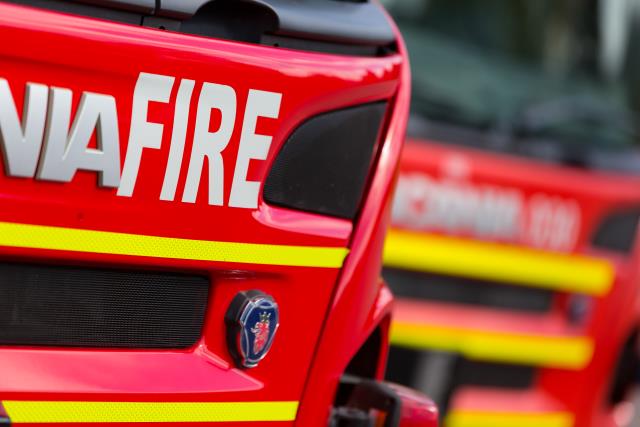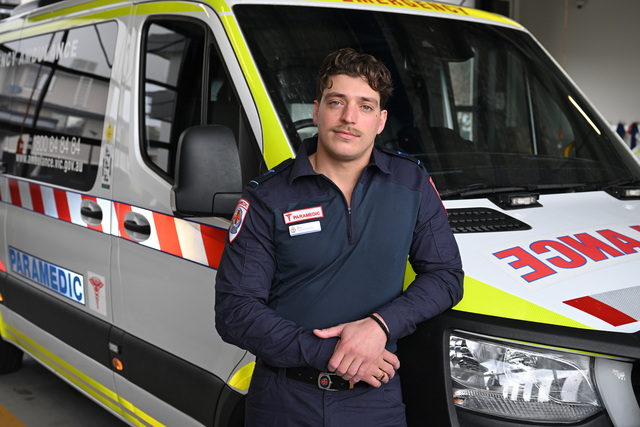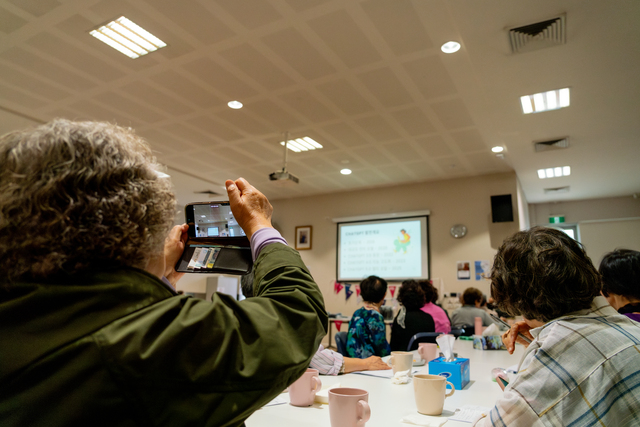It took more than two hours for emergency services to find a woman in a wheelchair inside a burning home after she called for help.
Firefighters, relying on a printed map, initially went to the wrong address.
By the time they finally found her, Vivianne Rodger was dead.
A Victorian coroner has recommended changes to Fire Rescue Victoria policy after finding its delayed response to the blaze was clearly avoidable and she may have survived if they had arrived sooner.
Ms Rodger lived alone on Maybury Drive, Mill Park and was unable to move around independently after suffering a stroke and acquired brain injury.
She relied on a wheelchair and needed assistance to get in and out of bed.
The 54-year-old was supported by the National Disability Insurance Scheme and Melbourne City Mission.
About 2.40am on January 17, 2019, a service co-ordinator received a distressed call from a woman who said “my blanket is on fire” but the call was disconnected before more information was taken.
The co-ordinator tried calling back and called triple-0 to request firefighters go to a St Albans property, after guessing which client had called.
Firefighters went to St Albans but did not find a fire.
At 3.22am a supervisor again called triple-0 after discovering it was Ms Rodger who had called, by searching their records.
But firefighters went to the wrong house on Ms Rodger’s street, after becoming confused with the street numbers and using a Melways to find the property.
The process at the time was to send the fire station an A4 printout of the fire call with the address and a Melways reference.
CCTV from outside Ms Rodger’s property recorded a firefighter walking down Maybury Drive at 3.34am, past her house, before returning to the truck.
There were no visible fire signs with firefighters leaving and classifying the call as a “malicious false alarm”.
By 5am, flames and smoke were billowing out of Ms Rodger’s property, with neighbours issuing a third call for fire crews to attend and grabbing a garden hose to try and douse the flames themselves.
Crews arrived about 5.07am and extinguished the fire, with Ms Rodger found dead inside her bedroom.
Internal investigations found firefighters in the second call did not do enough to find Ms Rodger’s property.
“In all, the MFB [Metropolitan Fire Brigade] response to the second fire call was manifestly inadequate,” a coronial report published last week stated.
Coroner Paul Lawrie said the failure to find the correct address was a missed opportunity to try to rescue Ms Rodger and she would have had an improved chance of surviving if they found her sooner.
He found the delays were significant, avoidable and questioned the fire brigade’s reliance on Melways maps over a GPS map application.
“It is also concerning that reliance on a Melways map may have contributed to the failure to identify the correct property,” he wrote.
Mr Lawrie said fire trucks should all be equipped with modern navigational equipment but noted Fire Rescue Victoria had since taken steps to implement this technology across its fleet.
The coroner recommended FRV implement policies, procedures and training to ensure firefighters can better identify the location of a call.
FRV said it would carefully review the coroner’s findings and recommendations and provide a response by April 11.







